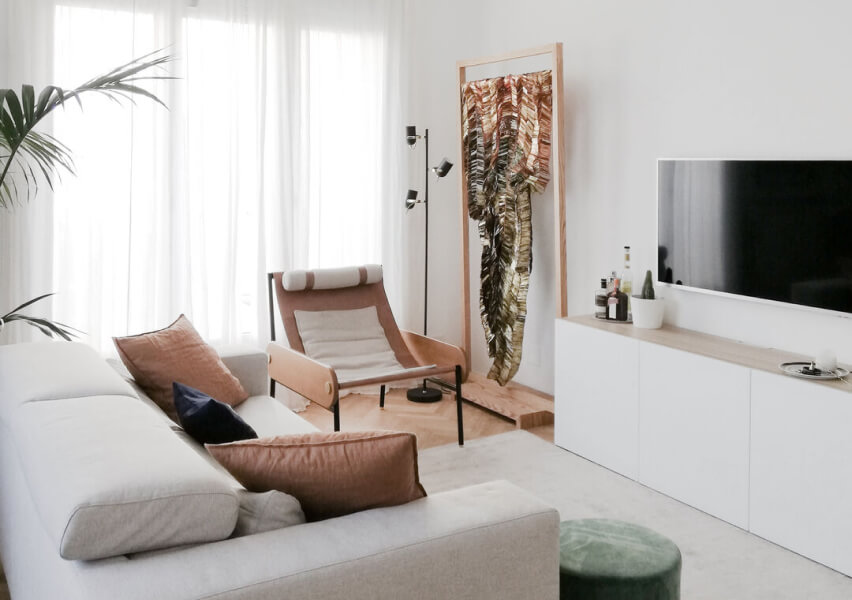Dubai’s real estate market offers a variety of payment structures to cater to different types of investors and homebuyers. Among the most popular are the Standard Payment Plan and the Post-Handover Payment Plan. While both have their advantages, choosing the right one depends on your investment goals, financial situation, and risk appetite. Let’s break down the differences and determine which plan offers better profitability.
What is a Standard Payment Plan?
A Standard Payment Plan requires buyers to make installment payments throughout the construction phase, with the final payment typically due upon project completion. These plans generally follow a structured timeline, with payments tied to construction milestones.
Advantages:
- Lower Overall Cost – Standard plans often come with lower property prices since payments are made upfront.
- Better Negotiation Leverage – Developers may offer discounts for buyers who opt for this plan.
- Early Property Appreciation – By securing an early purchase, buyers benefit from property value appreciation before project completion.
Challenges:
- Higher Initial Capital Requirement – Buyers need to manage substantial payments during the construction period.
- Limited Rental Income – Investors can’t generate rental returns until the property is handed over.
What is a Post-Handover Payment Plan?
A Post-Handover Payment Plan allows buyers to pay a percentage of the property price during construction and the remaining balance after handover, typically spread over several years.
Advantages:
- Lower Upfront Investment – Buyers can secure a property with a smaller initial payment, making it ideal for those with limited liquidity.
- Immediate Rental Income – Once handed over, the property can generate rental revenue while the remaining payments are made.
- Flexible Payment Terms – Extended post-handover timelines (ranging from 3 to 10 years) make property ownership more accessible.
Challenges:
- Higher Property Prices – Developers may increase prices for post-handover plans to offset financing risks.
- Longer Financial Commitment – Ongoing payments can impact cash flow for years after handover.
- Higher Interest or Fees – Some developers charge additional interest or administrative fees for extended payment periods.
Which Plan is More Profitable?
The profitability of each plan depends on multiple factors:
- Investment Horizon: If you plan to hold the property long-term, a Standard Payment Plan may yield higher returns due to early appreciation and lower overall costs.
- Cash Flow Management: If you prefer lower upfront investment and immediate rental income, a Post-Handover Plan is more suitable.
- Market Conditions: In a rising market, Standard Plans offer better appreciation potential, while in a slower market, Post-Handover Plans provide financial flexibility.
Final Verdict: Tailoring the Right Plan to Your Goals
For investors looking to maximize capital appreciation and secure a better purchase price, the Standard Payment Plan is generally more profitable. However, for those seeking cash flow flexibility and rental income immediately after handover, the Post-Handover Plan is the better choice.
At Luxbridge International Realty, we provide expert guidance to help you navigate Dubai’s dynamic real estate landscape. Whether you’re a seasoned investor or a first-time buyer, our team can help you choose the best payment plan tailored to your financial goals.
Contact us today to explore the best investment opportunities in Dubai!
